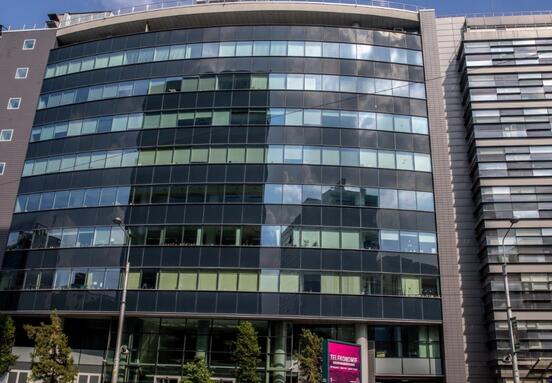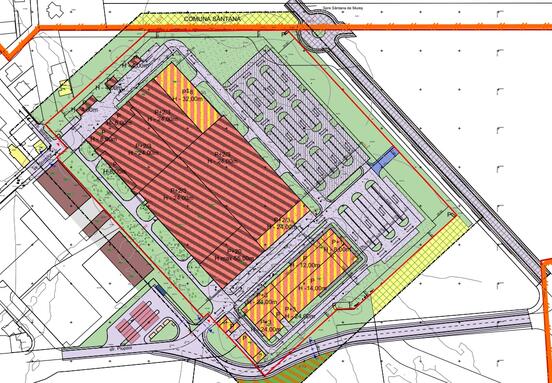The impressive results were supported by the mainly non-business sector, which registered a 19.4 percent advance, while from the business economy wages in services increased the most (9 percent). Construction wages followed closely (8.5 percent) and industry (5.7 percent).
Across the EU construction registered the largest advance, of 2.6 percent, followed by industry (1.9 percent), services (1.6 percent) and the non-business sector (1.5 percent).
Other countries to register significant increases in labor costs were Bulgaria (7.7 percent), Estonia (6.9 percent), Lithuania (6.1 percent) and Latvia (4.7 percent). Decreases were recorded only in Italy (1.5 percent) and Cyprus (0.3 percent).
The EU median increase stood at 1.7 percent, with the hourly wages and salaries rising by 1.7 percent and the non-wage component by 1.6 percent for the first quarter of 2016. In Romania the wage segment saw a 10.4 percent increase, while the non-wage component increased by 10.3 percent annually. (source: business-review.eu)







